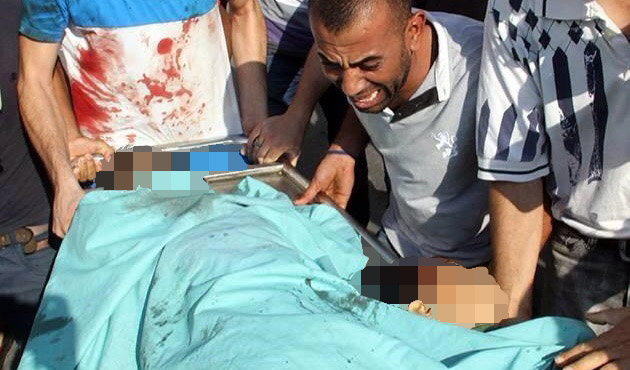Palestine
Hospitals are helpless, wounded people face death due power cut caused by zionist regime’s power plant bombardment!

Hospitals are helpless, wounded people face death due power cut caused by zionist regime’s power plant bombardment!







